Saturday, May 30, 2015
Friday, May 29, 2015
The Rape of a Nation: Oil Exploitation in Central Africa Photos by Marcus Bleasdale
Effects of oil exploration in a world where it is increasingly the catalyst of conflict, exploitation and global pollution. Tribes in Africa are being flushed out of their natural environments and communities in Siberia are being uprooted and moved en masse.
Global Oil exploration is the twentieth century fuel of the economic boom, all developed countries and many developing countries have been involved with since the first world war. But, increasingly we are looking at the costs of this expansionism and exploitation of the world’s natural resources.
Decreasing deposits in the developed world are causing further exploration into less developed countries, which have been too remote or too dangerous to access. This pushing of boundaries is leading to some of the worlds oldest communities being decimated and pushed toward virtual extinction.
 Central Africa
Central AfricaThere is a huge new boom in oil exploration throughout central Africa. Following the end of the cold war rivalries in the region and the development of new technologies in the last decade, oil companies are falling over themselves to offer lucrative contracts to governments in Cameroon, Chad, the Congo, Equatorial Guinea, Gabon and Angola.
The World Bank plans to fund an oil pipeline through Central African rainforests that will bring profits to Shell, Exxon, and Gulf while causing environmental havoc and threatening local populations - all with US taxpayers backing the deal. The oil companies are about to build a 600-mile pipeline from the Doba oil fields in Chad to coastal Cameroon, slashing through fragile rainforest that is home to the Baka and Bakola peoples, communities of traditional hunter-gatherers.
Oil industry experts say the pipeline could deliver between 150,000 and 250,000 barrels per day from the Kom, Miandoum, Bolobo and Sdigui fields. “Once construction begins, we’ll see an uncontrollable influx of people in search of work even though it will be poorly paid - the result will be deforestation, wild-life poaching and the loss of community land,” says Environmental Defense Fund economist Konna Horta.

Markers define the route
of the pipeline between Chad and Cameroon. The pipe now rests hidden
underground, but the human costs of the pipeline are plainly visible
along the 1050 km route. Marcus Bleasdale/Alexia Foundation

Fishermen in Kribi, pick
at the meager catch. Fish stocks dropped to almost nothing after the
pipeline was laid. There has been virtually no compensation for the
thousands of fishermen whose livelihood depends on fish stocks. More
than half of the fishermen have abandoned their pirogues. Those who stay
can no longer afford to school their children or feed them regularly.
The pipeline carries 225,000 barrels of oil a day and benefits to the US
consortium over will be $8bn. Human rights abuses and health problems
all caused by the pipeline are common place. Marcus Bleasdale/Alexia
Foundation

Fishermen in Kribi, look
at the meager catch, the result of 12 hours fishing. Fish stocks
dropped to almost nothing after the pipeline was laid. There has been
virtually no compensation for the thousands of fishermen whose
livelihood depends on fish stocks. More than half of the fishermen have
abandoned their pirogues. Those who stay can no longer afford to school
their children or feed them regularly. The pipeline carries 225,000
barrels of oil a day and benefits to the US consortium over will be
$8bn. Human rights abuses and health problems all caused by the pipeline
are common place. Marcus Bleasdale/Alexia Foundation

Fishermen in Kribi who
have given up fishing now "Fish Sand" for building. Fish stocks dropped
to almost nothing after the pipeline was laid. There has been virtually
no compensation for the thousands of fishermen whose livelihood depends
on fish stocks. More than half of the fishermen have abandoned their
pirogues. Those who stay can no longer afford to school their children
or feed them regularly. The pipeline carries 225,000 barrels of oil a
day and benefits to the US consortium over will be $8bn. Human Rights
abuses and health problems all caused by the pipeline are common place.
Marcus Bleasdale/Alexia Foundation

Sons of Anna (not her real name) dig her grave. She died from tuberculosis. Her
home is adjacent to the pipeline where 225,000 barrels a day are pumped
through yet the oil companies do not supply anything for of health care
to the areas it affects. The nearest health center from here was 47
kilometers away. Marcus Bleasdale/Alexia Foundation

62 year old Madalene shows sores that are all over her body as a result
of drinking the water from the wells near the pipeline. Bacteria from
the forest now runs into all of the well water in the area making it
dangerous to drink. Yet the closest alternative well is 8 km away and
many are forced to use the polluted sources resulting in sickness. The
consortium has been aware of this situation for 4 years and has done
nothing. In this town 75% of the residents now suffer from waterborne
illnesses. Marcus Bleasdale/Alexia Foundation

The murky dirty spring water is used by most villagers along the pipeline. Many
here are sick as a result of drinking the water from the wells near the
pipeline. Bacteria from the forest now runs into all the well water in
the area making it dangerous to drink. Yet the closest alternative well
is 8 km away and many are forced to use the polluted sources resulting
in sickness. The consortium has been aware of this situation for 4 years
and has done nothing. In this town 75% of the residents now suffer
from waterborne illnesses. Marcus Bleasdale/Alexia Foundation

Sisters of Anna (not her real name) who died from tuberculosis mourn her passing before
the burial. Her home is adjacent to the pipeline where 225000 barrels a
days are pumped through yet the oil companies do not supply any for of
health care to the areas it affects. The nearest health center from here
was 47 kilometers away. Marcus Bleasdale/Alexia Foundation

A local petrol station
in Cameroon where there is a shortage and prices recently rose by 35%
despite the fuel running through their 'back yard'. They have seen no
economic benefits from the oil apart from the large houses that have
been built for the ministers. Marcus Bleasdale/Alexia Foundation

The Cameroon oil rig
burns brightly off the coast whilst the local fishermen try to raise a
small living from the seas affected by the pipeline running through it.
Marcus Bleasdale/Alexia Foundation
Pictures of the Year: Marcus Bleasdale
- Best Photography Book
Monday, May 25, 2015
Photos by Xyza Cruz Bacani
Filipino Migrant Worker Spends 10 Years Photographing Hong Kong On Her Days Off And Wins Prestigious Scholarship
27 year old
domestic worker Xyza Cruz Bacani, a migrant worker from the Philippines,
became famous for her street photographs of Hong Kong, where she
travels to work. Her dark and gritty photos even earned her the Magnum
Foundation’s Human Rights Fellowship for 2015, which will allow her to
take an intensive six week (fixed -ed.) photography study in New York
and use her knowledge to improve human rights in her own country.
Xyza‘s photographs already deal with
important topics in the Philippines. Her work documenting the lives of
women in abused domestic worker shelters helped catch the eye of the
Magnum Foundation, and for a good reason. The Philippines are a big
country with poor people who are forced to look for work elsewhere, and
many of them become migrant workers that travel to Hong Kong.
Xyza’s photos prove that work does not always provide people with the salvation they expect.

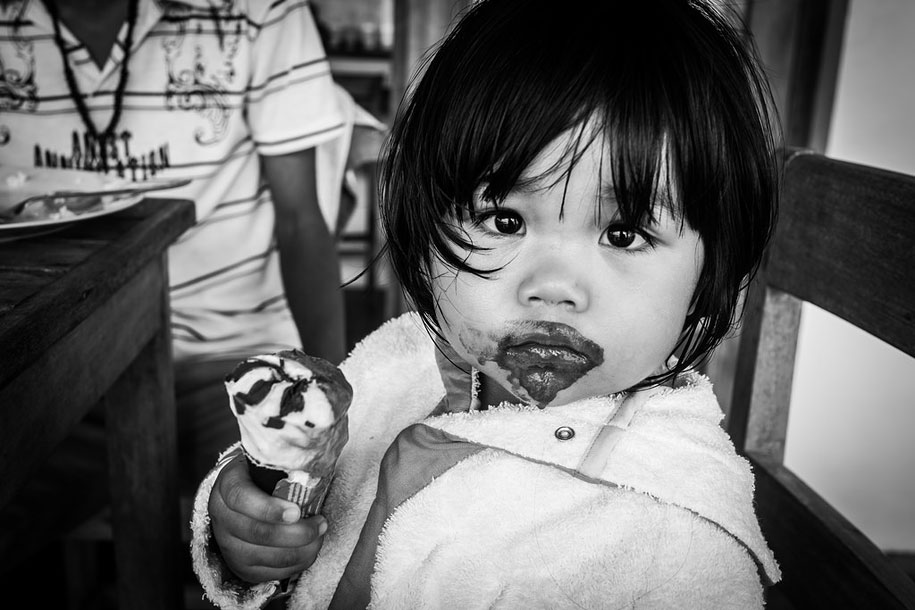

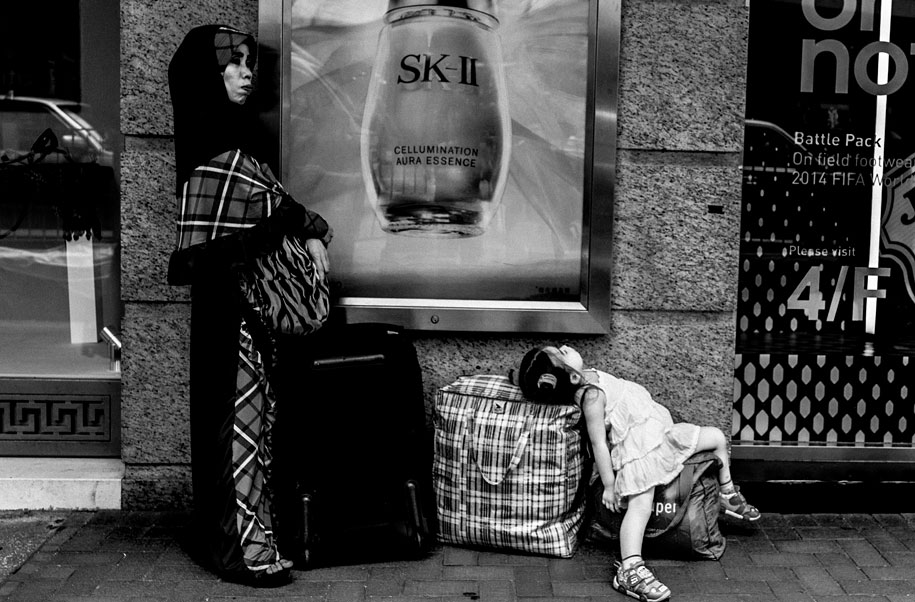



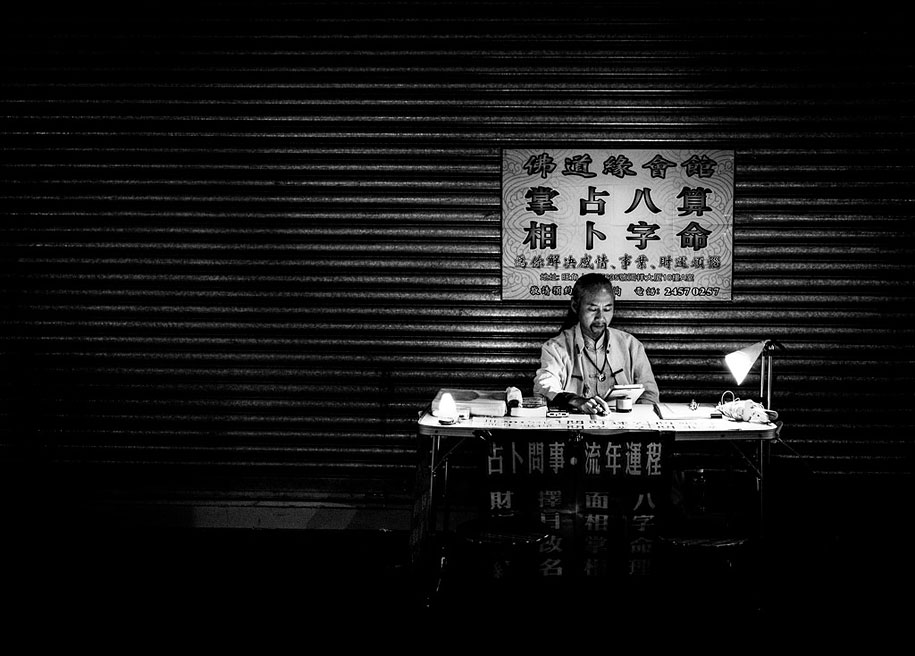

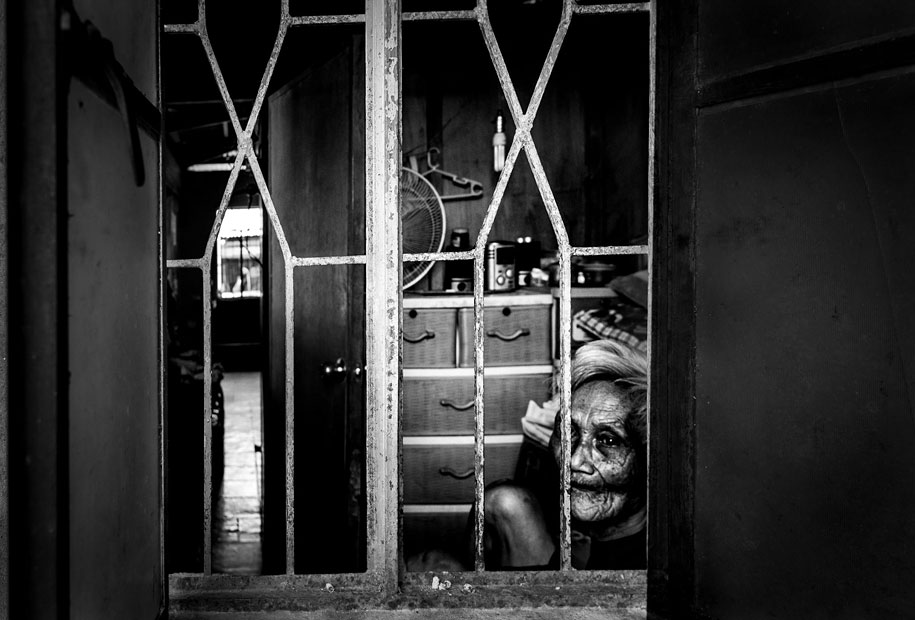
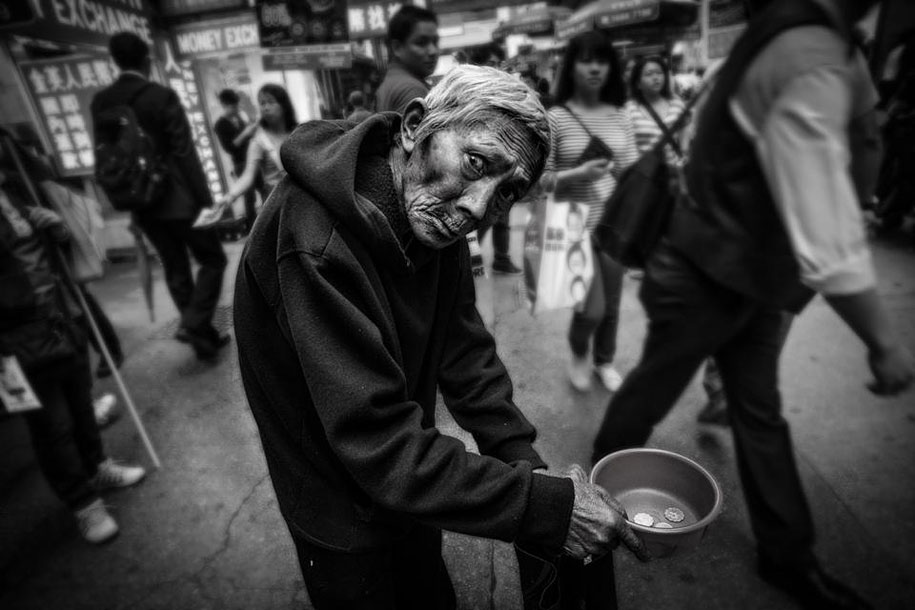





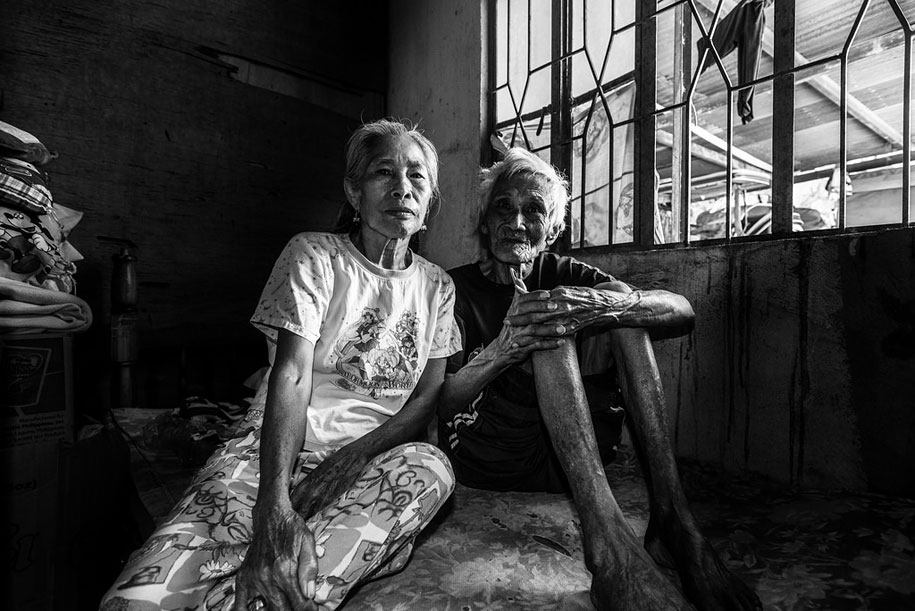
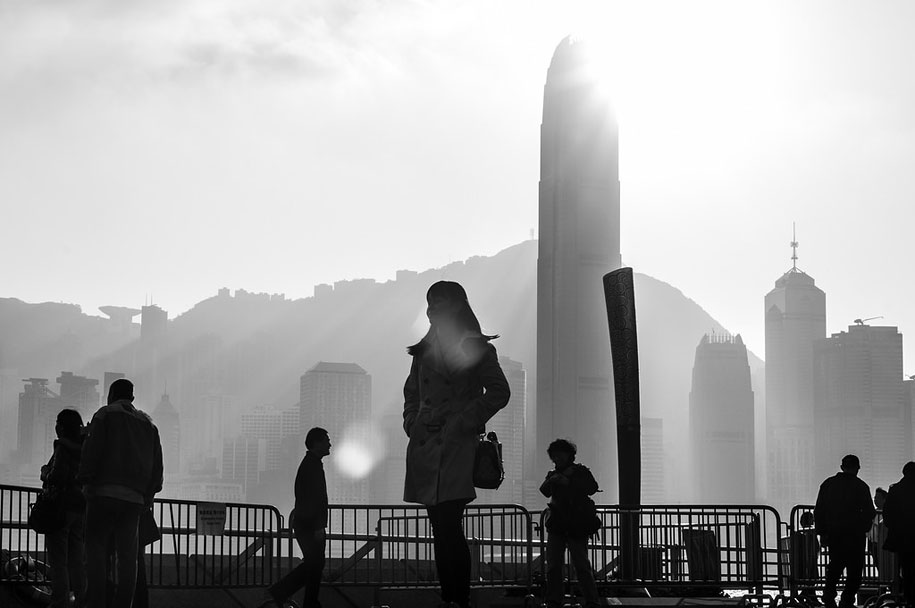
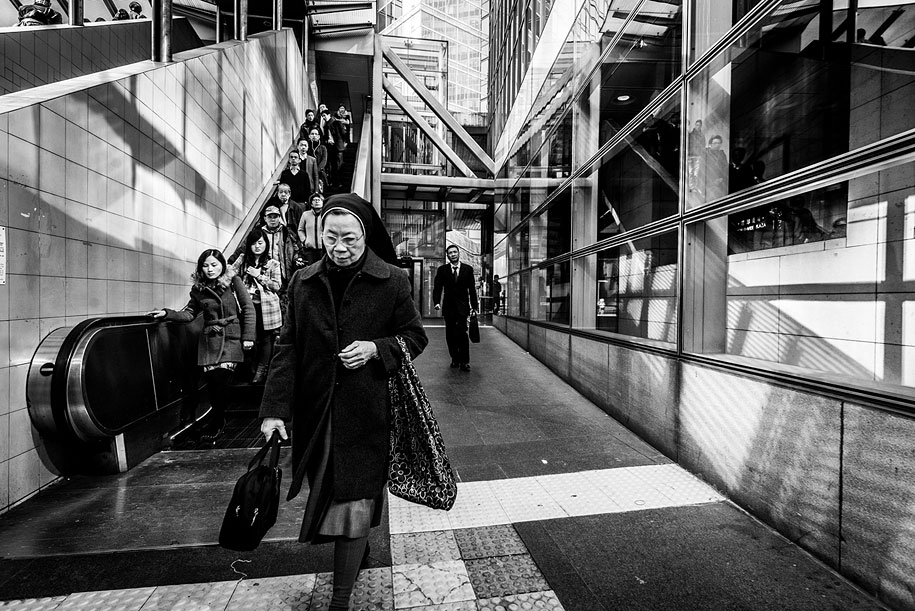
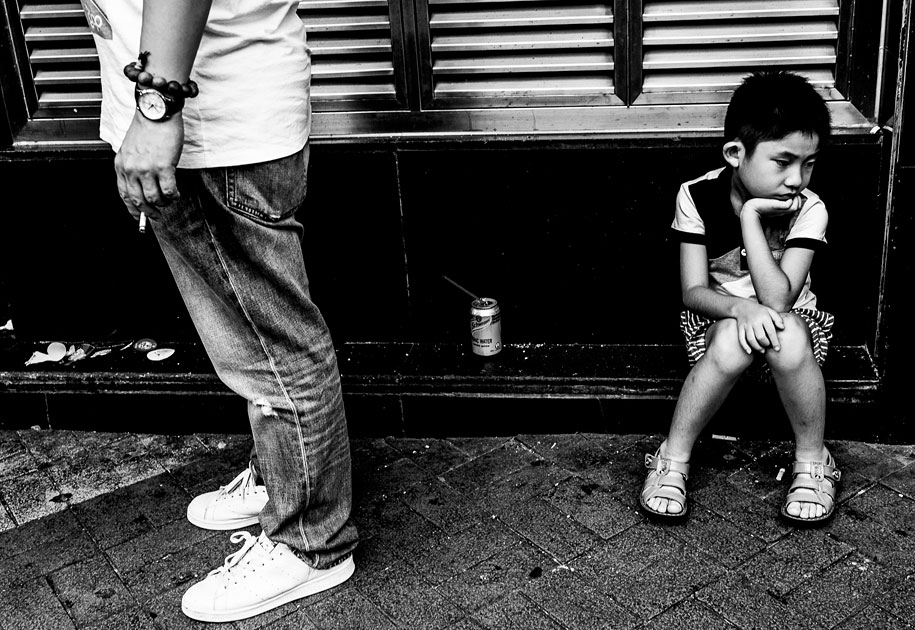



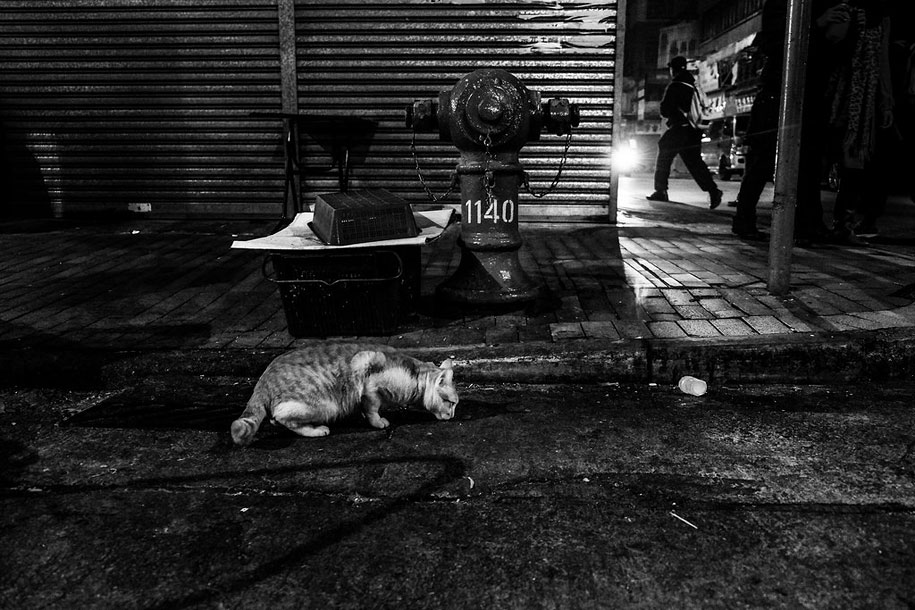

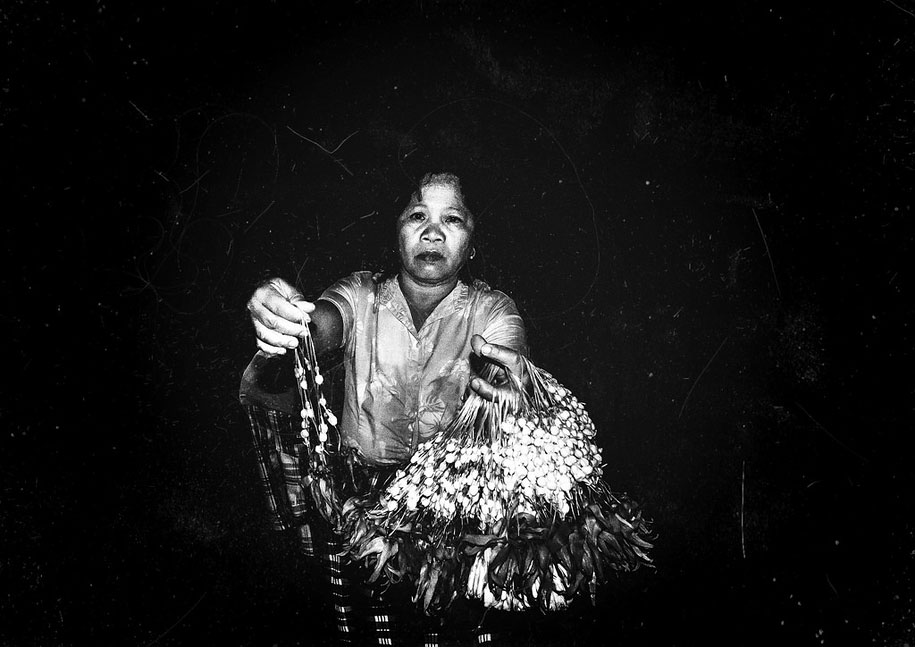

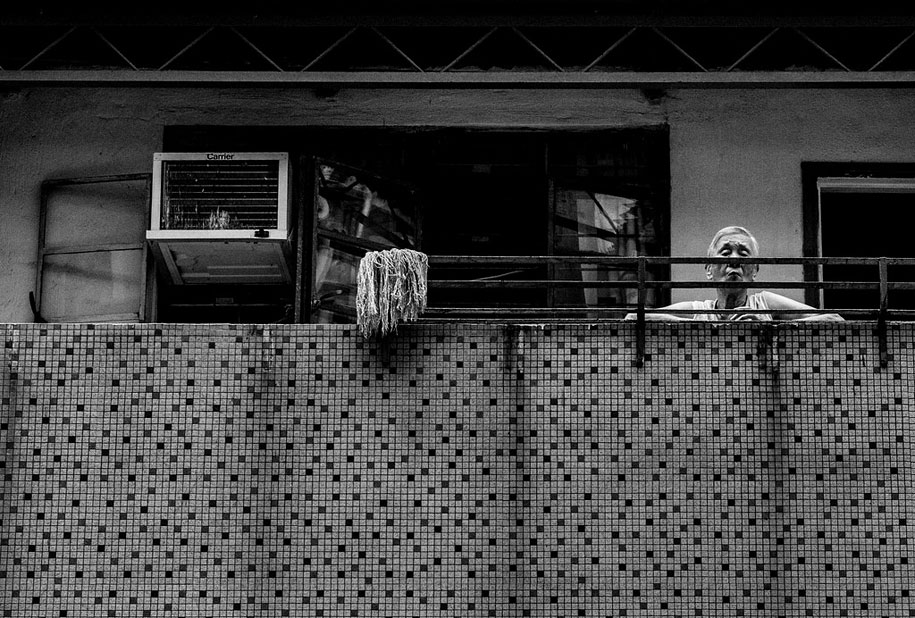

Self-portrait
Subscribe to:
Comments (Atom)





























